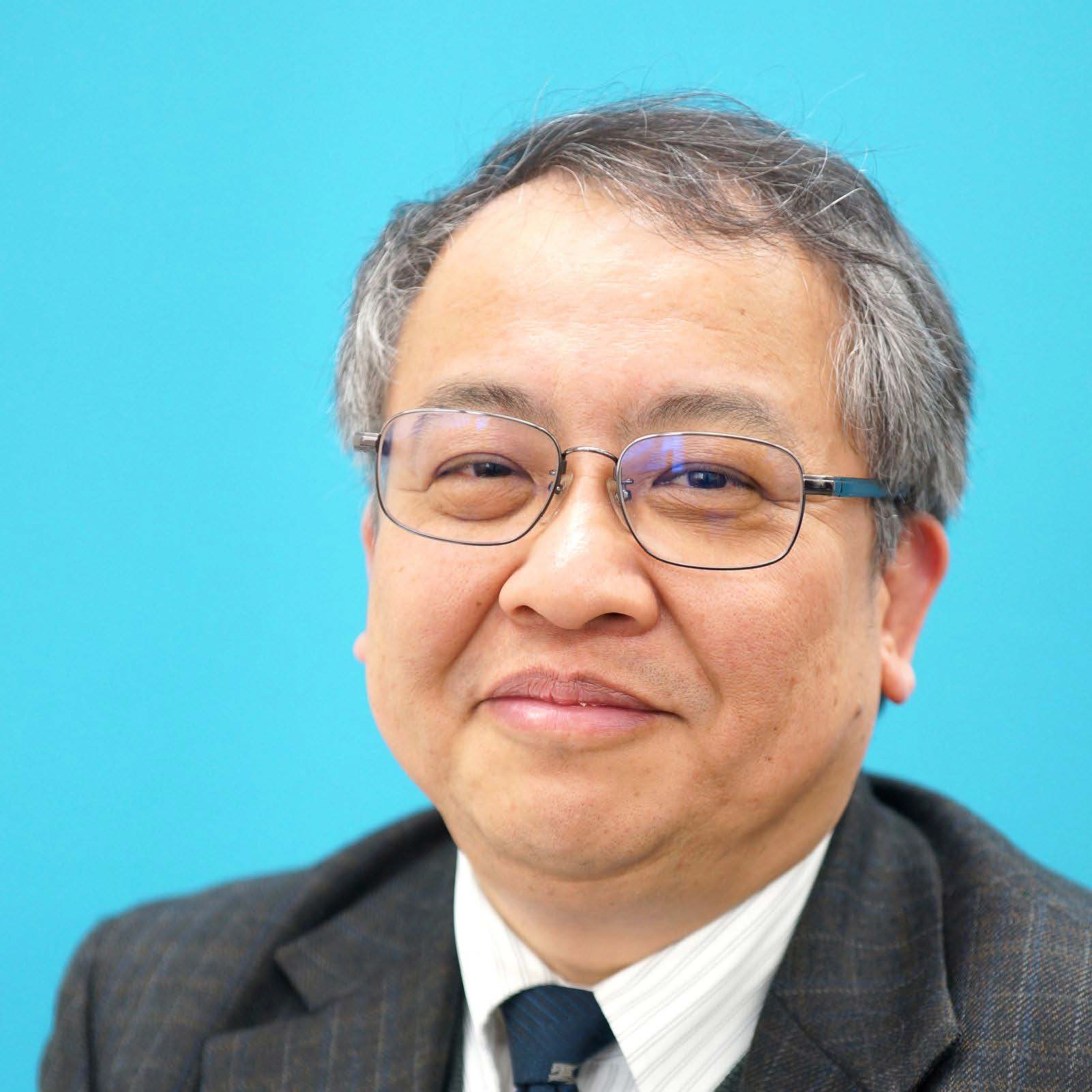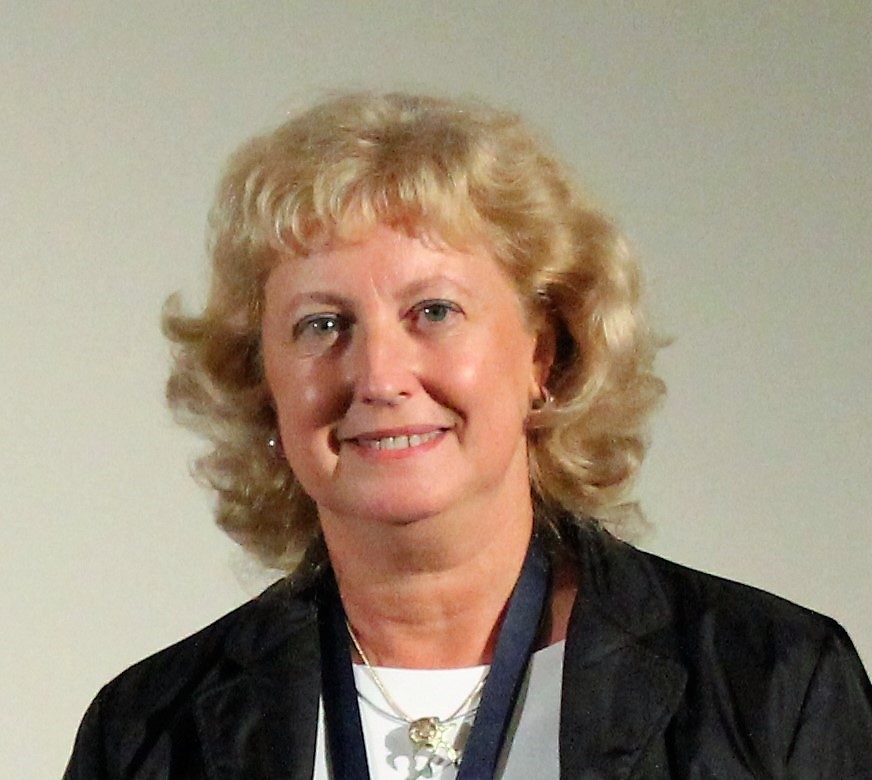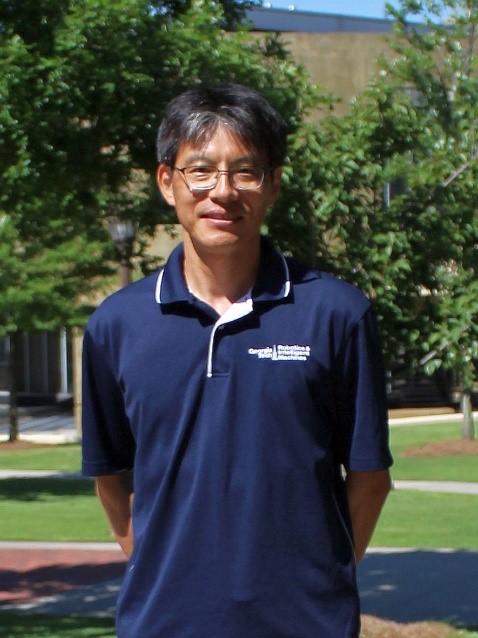Plenary Sessions
Our plenary speakers will come from three different regions of the world, to provide the attendees of AMC 2024 with three different points of view on advanced problems in motion control.
First Day
February 28, 2024 (Wednesday) 13:10 -- 14:40
Professor Kiyoshi Ohishi, Nagaoka University of Technology, Japan

-
Title: Disturbance Observer Based Motion Control and Its Applications
-
Abstract:
Disturbance Observer has been firstly presented at the international conference IPEC-Tokyo in 1983. From 1983, Disturbance Observer has been applied in many industry applications. In AMC2024, my session would like to focus on Disturbance Observer based “robot motion control” and “force control”. At first, my talk has the anti-slip re-adhesion control system based on disturbance observer, which has been proposed for commuter train in 2001. As this system has the fine torque response for the driving wheel driven by inverter-fed induction motor, has been applied to the actual commuter train in 2004, which is Series 205-5000 of East Japan Railway Company. Second, as the robot actuator is the coupled systems of gear and servomotor, it becomes the two-inertia resonance systems. Hence, it is made into the equivalent one inertia system for fine robot motion control such as hybrid control of force and position. Finally, since the disturbance observer has an equivalent differential calculation, it must be robust against observation noise. One solution is to apply a Kalman filter or SSA. In this session, my talk has the one real example of applying Kalman filters and SSA to disturbance observers for force control.
-
Biography:
Kiyoshi Ohishi received the B.E., M.E., and Ph.D. degrees in electrical engineering from Keio University, Yokohama, Japan, in 1981, 1983, and 1986, respectively. Since 1993, he has been with Nagaoka University of Technology, Nagaoka, Japan. He has been a full Professor from 2003 to 2023, a Vice President from 2016 to 2021 and an Executive Director from 2019 to 2021 in Nagaoka University of Technology. Now, he is a Professor Emeritus and an Academia-Industry Researcher in Nagaoka University of Technology.
He is an IEEE Fellow Member from 2015, whose contributions are the Development of Fast and Robust Motion Control based on Force Sensing Technology, of which results have been used in many industrial applications. He applied the anti-slip re-adhesion control to the actual electric commuter train of the East Japan Railway Company, and he has established the world top record of data-transfer rate 250 Mb/s to the post Blue-ray optical disk system in 2009.
He has obtained "Outstanding Paper Award" of IECON 1985. After this paper, he became one of the world-leaders of the technical fields of Advanced Motion Control. Moreover, he has received "Best Paper Award" at IECON2002 and IECON2004. His research interests include motion control, mechatronics, robotics and power electronics.
He is an IEEE IES member for 39 years. Now, he is a Life Fellow member. From 2004, he has been an AdCom Member at large of IEEE IES Society for 12 years. Now, he is a senior AdCom Member of IEEE IES Society from 2016, and he is a voting AdCom Member for from 2004.
In Japan, he is a Fellow Member of IEEJ (the Institute of Electrical Engineers of Japan) from 2015. He has been a Vice President of IEEJ and an Editor in Chief of IEEJ Journal of Industry Applications whose impact factor is 1.7.
Middle Day
Febraury 29, 2024 (Thursday) 9:00 -- 10:30
Supported by Tsugawa Foundation and Yokohama National University
Professor Marina Indri, Polytechnic University of Torino, Italy

-
Title: Autonomous mobile robots and manipulators in factory automation: from Industry 4.0 toward Industry 5.0
-
Abstract:
Autonomous mobile robots (AMRs), manipulators and cobots are key elements in Smart Factories that benefit from Industry 4.0 design principles, such as interoperability, decentralization, real-time capability, virtualization, service orientation, and modularity. The brand-new paradigm of Industry 5.0 envisages an increasingly important role for the human operator in the production lines of the next future, thanks to human-centric solutions based on proactive human-robot collaborations and artificial intelligence applications. A primary role is then expected for AMRs and mobile manipulators as workmates of the human operators. This talk outlines the current state of the art and investigates trends and challenges for the next future.
-
Biography:
Marina Indri earned her Ph.D. degree from Politecnico di Torino, Italy, in 1995. She has been an Associate Professor in Robotics and Automatic Control at Politecnico di Torino since 2001. She serves as Associated Editor of the IEEE Transactions on Industrial Informatics and as Senior Editor of the IEEE/ASME Transactions on Mechatronics. She is an IEEE Senior Member and an elected Member-at-Large of the IEEE Industrial Electronics Society Administrative Committee. She is author of more than 100 papers in the industrial and mobile robotics areas. She received the Best Paper Award in Factory Automation at ETFA 2013, the 2nd prize of the euRobotics Technology Transfer Award in 2014, and was among the finalists of the same Award in 2017 for joint works with COMAU S.p.A.
Last Day
March 1, 2024 (Friday) 9:00 -- 10:30
Professor Jun Ueda, Georgia Institute of Technology, USA

-
Title: Physiological Digital Twin for Connected Healthcare
-
Abstract:
This talk will present the development of personalized mathematical models for motor control and healthcare device research, which are designed to simulate and predict an individual's various physiological responses. In healthcare, digital twin technology - initially introduced in industrial manufacturing - has become a revolutionary approach for individualized patient modeling. Physiological digital twins are crucial for advancing tailored interventions and enabling early, personalized responses to healthcare needs. Key to the potential transformation of healthcare by these digital twins are achievements in multi-modal sensing, patient-specific modeling, and implementation including privacy preservation. Dynamic system identification methods must be carefully applied when using mechanical platforms to induce perturbations for human physiological system modeling due to physical interaction. This talk will address the challenges and opportunities in designing these perturbations and in identifying key dynamic parameters, with examples from gait analysis, neurological facilitation exercises, and magnetic resonance elastography (MRE). The crucial integration of advanced motion control with compliant robotics highlights the need for interdisciplinary collaboration in the fields of medicine and related areas.
-
Biography:
Jun Ueda, PhD, Professor, Georgia Institute of Technology
Dr. Jun Ueda is a Professor in the G. W. Woodruff School of Mechanical Engineering at the Georgia Institute of Technology. He received his B.S., M.S., and Ph.D. degrees in Mechanical Engineering from Kyoto University, Kyoto, Japan, in 1994, 1996, and 2002, respectively. From 1996 to 2000, he was a Research Engineer at the Advanced Technology Research and Development Center of Mitsubishi Electric Corporation in Japan. He served as an Assistant Professor at the Nara Institute of Science and Technology, Japan, from 2002 to 2008. From 2005 to 2008, he was also a visiting scholar and lecturer in the Department of Mechanical Engineering at the Massachusetts Institute of Technology. He joined the faculty at the Georgia Institute of Technology as an Assistant Professor in 2008 and was the Director of the Robotics Ph.D. Program at Georgia Tech from 2015 to 2017. He also served as the Chair of the Editorial Board for the IEEE International Conference on Advanced Intelligent Mechatronics (AIM) and as the General Chair for the 2023 IEEE/SICE International Symposium on System Integration (SII). Dr. Ueda is currently a Senior Editor for the IEEE/ASME Transactions on Mechatronics. He is the author of 'Cellular Actuators: Modularity and Variability in Muscle-Inspired Actuation' (Butterworth-Heinemann, 2017) and 'Human Modeling for Bio-Inspired Robotics' (Academic Press, 2017). His recognitions include the Fanuc FA Robot Foundation Best Paper Award in 2005, the IEEE Robotics and Automation Society Early Academic Career Award in 2009, the Advanced Robotics Best Paper Award in 2015, and the Nagamori Award in 2021.
Plenary Sessions will be held each day.



